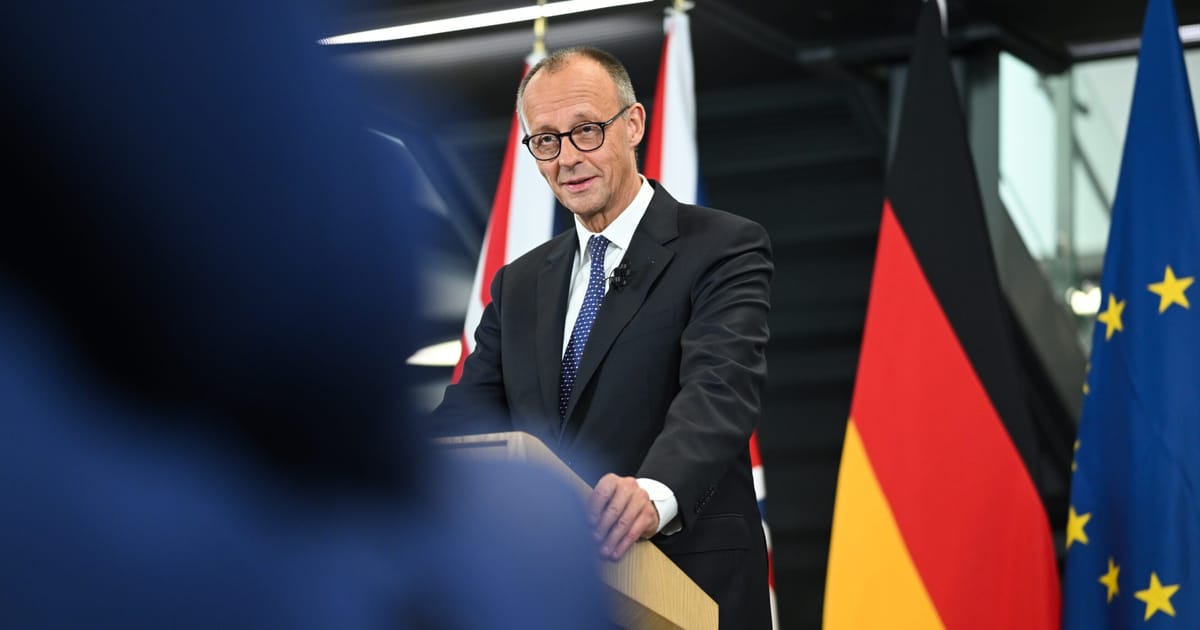

The interconnected world we live in continues to present complex challenges and opportunities, as nations navigate through geopolitical landscapes and address pressing security issues. Recent events highlight this dynamic interplay, drawing attention to defense alignments, regional conflicts, and humanitarian endeavors. Through a calm and clear lens, we examine these unfolding narratives and the implications they hold for global stability.
In a significant move reflecting geopolitical alliances, German Chancellor Friedrich Merz announced the expected deployment of Patriot missile systems to Ukraine within a short timeframe. This strategic decision underscores the ongoing defense cooperation among NATO allies and aims to bolster Ukraine’s defensive capabilities in light of continuing tensions in the region. As preparations for the deployment are underway, NATO’s top commanders affirm the importance of such measures in maintaining regional security and deterring potential threats.
Adding to the European defense narrative, Merz has called for deeper cooperation between the UK, Germany, and France. This proposed strategic axis is intended to address shared challenges, such as illegal migration and defense collaborations, formalized through the Kensington Treaty. Beyond defense, the agreement envisions mutual benefits in trade, education, and cultural exchanges, reflecting a comprehensive approach to strengthening ties despite historical and political differences.
Amid these developments, concerns about cybersecurity have come to the forefront, as a report highlights the likelihood of increased attacks on undersea data cables. These critical infrastructures, which carry the vast majority of global intercontinental data, have faced incidents suggesting state-backed disruptions, particularly in regions like the Baltic Sea and around Taiwan. Such vulnerabilities necessitate heightened awareness and continued cooperation to safeguard communication networks crucial to global connectivity and commerce.
In a separate yet significant judicial development, a Brussels court has commanded the Flemish government to halt military equipment transfers to Israel. This decision marks a pivotal moment, acknowledging the legal responsibilities associated with arms shipments to regions involved in conflict and potential human rights violations. The ruling reflects growing pressure from civil society organizations advocating for international law adherence and accountability.
Meanwhile, in the Middle East, volatile situations persist, exemplified by the tragic events in Gaza. An unfortunate incident at a food distribution site led to the loss of life, prompting critical reflections on humanitarian efforts and crisis management. Elsewhere, Israeli military strikes in southern Syria have intensified, challenging prospects for peace in a complex regional conflict involving government and Druze forces. Religious and community leaders continue to advocate for ceasefires and diplomatic resolutions to prevent further humanitarian distress.
As these stories unfold, safety concerns also resonate in Iraq, where a devastating fire in a newly inaugurated shopping mall claimed numerous lives. Such incidents highlight the critical need for stringent safety protocols and emergency response readiness to mitigate risks and protect civilians in public spaces.
These interconnected global events underscore the importance of strategic alliances, vigilant security measures, and humanitarian compassion in navigating complex geopolitical landscapes. Through cooperation and mindful engagement, there lies the potential to foster stability, resilience, and peace amid the challenges that define our shared world.
Source: {link}
